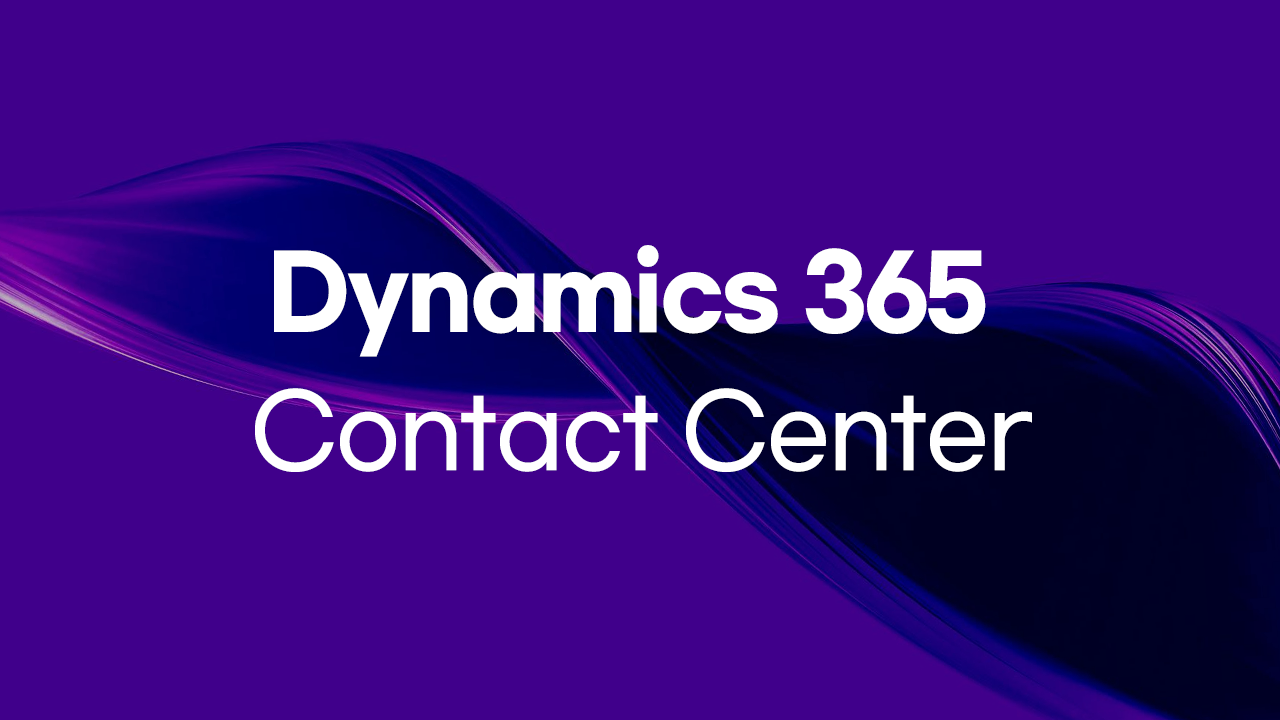Microsoft Azure embrace the era of Generative AI
The field of generative AI, rapidly advancing with immense potential, can impact all sectors of the economy. From healthcare to finance, manufacturing, and retail, AI is quickly becoming an essential part of our daily lives. Since 2017, the adoption rate of AI has accelerated, with it currently being used by 50% of companies worldwide. With the introduction of language models and increasing complexity, the era of generative AI is not just a distant future, but a reality we are already experiencing.
Generative AI Analysis: New Possibilities for Business
Generative AI is all about creativity. It can generate new product ideas, design personalized marketing campaigns, and even support the development of novel drug therapies. The emergence of artificial intelligence technologies like natural language processing and computer vision is no longer just tools for businesses; they are game-changers continually expanding our horizons.
According to McKinsey’s remarkable estimates, generative AI is predicted to contribute between $2.6 trillion to $4.4 trillion annually to the global economy by 2040. Significant impacts are expected not only in sectors such as banking, retail, and consumer goods but also in areas like pharmaceuticals and medical products.
Key business functions such as marketing and sales, customer operations, software engineering, and research and development are expected to account for 75% of the total annual value that AI can provide. Therefore, companies looking to ride the wave of these technological advancements should invest in this technology and prepare their workforce for imminent changes.
AI’s influence ranges from impacting knowledge-based tasks to boosting productivity and enhancing creativity to improve society. It is a wide-ranging and profound force.
How is generative AI disrupting industries
Generative AI reshapes business operations, bringing an unprecedented level of creativity and innovation. AI not only influences businesses but is transforming them as well. Language models like GPT-3 and GPT-4 within services like Azure OpenAI automate content generation, enhance content quality, diversify content, and enable personalization. While human intervention is still required for swift generation and output assessment, these models have already proven their value in various domains.
In branding and marketing, generative AI provides a wide range of tailored content to various customer profiles. AI creates highly personalized marketing campaigns that cater to individual customer demands by leveraging customer feedback and persona insights.
The diversity of generative AI extends beyond marketing. It promotes predictive analytics, providing companies with a comprehensive view of future trends, risks, and opportunities. Through scenario simulations and robust data analysis, generative AI supports strategic decision-making and optimizes business processes. For instance, in supply chain management and resource allocation, AI identifies inefficiencies and proposes solutions to streamline workflows. It also reduces administrative and repetitive tasks, allowing employees to focus on high-value strategic work, thereby enhancing overall productivity.
The capability of generative AI to personalize customer interactions and provide exceptional experiences is another game-changer. Through powerful chatbots and targeted recommendations, it enhances customer engagement, loyalty, and satisfaction. Furthermore, generative AI plays a supportive role in accelerating research and development, expediting idea generation, prototyping, and testing phases. The ability to adapt quickly to market changes, reduce time to market, and offer cutting-edge solutions helps businesses maintain competitiveness in rapidly evolving market environments.
Success Stories
- CarMax
The renowned automotive retailer, CarMax, recognized an opportunity to enhance the customer experience through AI. The company decided to leverage Azure AI, including Azure OpenAI services, to generate customer-related content on their website, specifically AI-generated summaries of car reviews.
Their goal was to create summaries for 5,000 pages of cars. If done manually, this task was estimated to take approximately 11 years. However, by utilizing AI, the company achieved this milestone in just a few months. This accelerated production not only improved customer engagement but also significantly boosted the company’s search engine rankings.
- SymphonyAI
Another noteworthy case is SymphonyAI, a leader in the B2B AI solutions space. Recognizing the potential of AI in enhancing financial crime investigation, SymphonyAI integrated Azure AI services into their Sensa Copilot solution.
By automating the collection and summarization of financial information, AI enabled investigators to analyze suspicious activities more efficiently. This integration resulted in a remarkable increase in productivity, with initial tests showing a staggering 60% boost. SymphonyAI’s approach demonstrates how AI can streamline processes, transform industries, and pave the way for cost savings.
- The City of Kelowna
Public services are also benefiting from AI technology. For example, in Kelowna, the city has created an intelligent search solution using Azure OpenAI Service and Azure Cognitive Search to respond to citizen requests using publicly available information while ensuring data privacy.
Through this system designed to handle tasks like updating snow removal schedules for residents, the city was able to significantly streamline its services. By processing routine queries more efficiently, the city could allocate human resources to handle more complex queries, ultimately improving the overall quality of service delivery.
Overcoming AI anxiety: Building trust in new technologies
Since 2017, Microsoft has been actively addressing the potential risks associated with AI, building responsible AI infrastructure, assembling interdisciplinary teams, establishing AI principles, and implementing responsible AI governance models. Microsoft emphasizes building AI not just responsibly and ethically but also as a way to serve society broadly.
Embracing the era of generative AI involves not only understanding and harnessing the technology but also building trust, ensuring transparency, and confirming that the AI future is one in which we all want to participate. As we stand at the forefront of this exciting new era, it’s evident that the generative AI era is more than just a technological phenomenon; it represents a societal change.
Welcoming such change involves more than simply harnessing the power of AI; it requires having an ethical and clear vision, understanding and exploring complexity and meaning, and addressing the associated challenges.
Indeed, that’s how we can truly embrace the era of generative AI.
Cloocus has a team of skilled Data & AI experts and is ready to provide the best assistance for adopting the emerging generative AI technology. If you need expert consultation on this matter, please feel free to request expert consulting via the button below!
Related Posts

Cloocus Corp.
[United States] 142 W 57th St. Fl 11 New York, NY 10019 | Tel.+1 408.7722024 | E-mail.info_us@cloocus.com
[Malaysia] A-3A, Block A, Level 3A, Sunway PJ51A, Jalan SS9A/19, Seri Setia, 47300 Petaling Jaya. | Tel.+6016 331 5396 | E-mail.infoMY@cloocus.com
[Korea Headquarter] 6, Nonhyeon-ro 75-gil, Gangnam-gu, Seoul, Republic of Korea 06247 | Tel.02-597-3400 | E-mail.marketing@cloocus.com
[Korea Busan Campus] 55, Centum jungang-ro, Haeundae-gu, Busan, Republic of Korea | Tel.051-900-3400
Copyrights 2024 Cloocus co.,ltd. all rights reserved.




